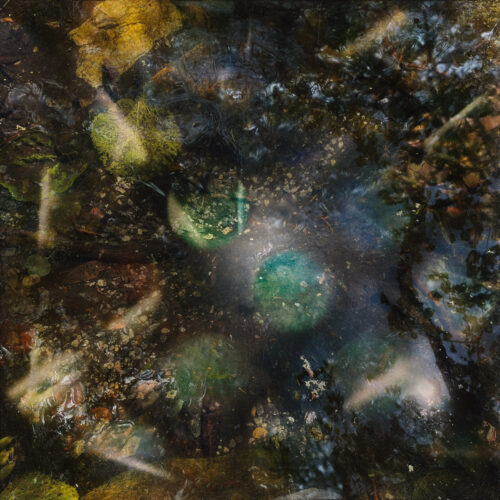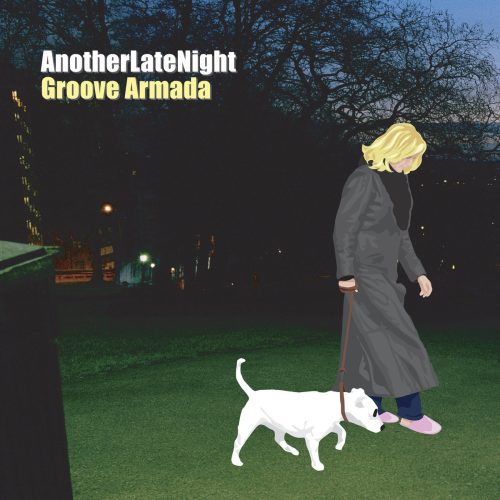A Host for All Kinds of Life
Label: Leaving
Genre: Ambient, Best of 2023, Electronic
$34.99
Availability: In stock
In an era of rampant, man-made climate chaos, “solastalgia” (the longing and distress experienced by individuals as a response to environmental change/degradation) has emerged as a useful, semi-viral concept — a catch-all term for the pervasive sense that the world as we know it is far from well, and only growing less so. But, for many of us, a problem, a trap, an ineffable hollowness, exists at the very crux of this concept/premise: how can we mourn (or even sense the loss of) that which we have never known? Especially for lifelong urbanites estranged from nature, who nevertheless grasp the severity and complexity of the problem—how might they remember? How might they mourn? Perhaps indirectly—that is to say, in an exploratory and non-dogmatic fashion—Green-House, a project birthed by Olive Ardizoni and now officially a duo project featuring long-time collaborator and confidant, Michael Flanagan, seeks to address this gap in understanding.
Six Songs for Invisible Gardens, the debut Green-House EP whose 2020 release coincided with the depths of Covid-19 “lockdown,” responded to the rampant heartsickness of human and plant life, especially in non-rural areas. The packaging of the cassette release famously included wildflower seeds for the listener to scatter. This gesture (at once simple and daring, especially when one considers the logistical element) exists as testament to the sincerity and seriousness of Ardizoni’s convictions. Music for Living Spaces, the first full-length Green-House LP, followed in 2021— a refinement of the formula that enshrined Six Songs as a cult, eco-ambient hit. Out October 13, 2023 on Leaving Records, they have returned with the LP A Host For All Kinds of Life, a third entry in a series of releases whose titles have incidentally all revolved around the “for” construction: an unofficial canon of offerings, or maybe rather instructions as to how the music contained therein might, could, and should operate in/on the listener’s life and “living space(s).”
Decidedly the most expansive Green-House release — one need only consider the LP’s title and the kaleidoscopic, fractal cover art designed by Flanagan—A Host For All Kinds of Life troubles the very notion of “ambient music,” a category with whom Green-House has always existed in some degree of tension. What if a song’s seeming softness constitutes its biting edge? What if easeful, contemplative pleasure can radically alter our mindset? Our very role as worldly subjects? Drawing on the works of Lynn Margulis and our burgeoning understanding of the evolutionary role of biological mutualism (associations between species in which both species benefit), A Host For All Kinds of Life is a deeply entrenched and politically grounded song suite. And there are indeed discrete songs here, with defined structure, momentum, and sway; see the gilded, sixties-evoking melodic arabesque of the record’s ninth and penultimate track, “Everything is Okay” (which incidentally ends with the release’s only human voice—a tender message left for Ardizoni by their mother).
In conversation, Ardizoni speaks often of the centrality of joy—that Green-House’s very existence can be traced to a conscious decision they made to not only choose joy as an act of rebellion, but to find that joy in whatever plant life they could access in their immediate environment. In this sense, all of Green-House’s releases (and A Host for All Kinds of Life especially) embody a radicality that may elude the casual or first-time listener. To choose, model, and express joy in an ailing world requires courage, a courage that must be jealously guarded and constantly replenished. A Host For all Kinds of Life encourages the listener to slow down, take stock, tune in to the more-than-human world around them, and gather their courage and joy in light of the uncertainty to come.






